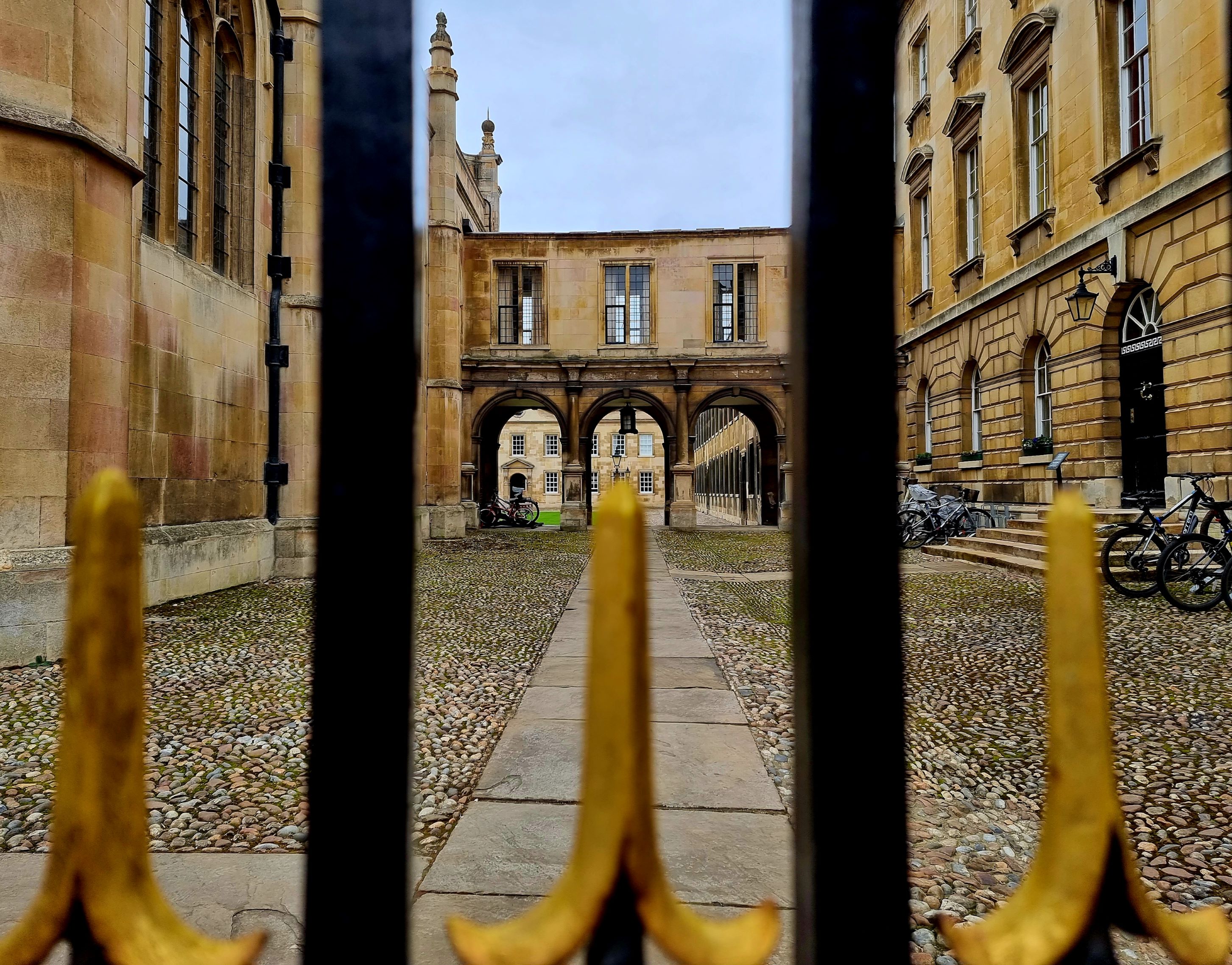
In the next general election, which many believe will take place next year, the Labour Party, should it win, intends to end business rates relief and apply VAT to school fees. If these proposals are implemented, private schools will be looking for potential cost savings, especially those which will not compromise the quality or delivery of their curriculum. We caught up with our Head of Business Rates, Jonathan Young, to explore what implications such a decision could have.
Business rates are a central government tax which is levied on organisations and collected by Local Authorities. It is based on the Rateable Value (RV) of a property, and, in England and Wales, it is calculated by the Valuation Office Agency (VOA). If the RV is wrong and goes unchecked, the rates bill may exceed the ratepayers’ true liability, more importantly, your school might already be overpaying. Ensuring the RV is correct could therefore save private schools thousands of pounds.
The RV of a property can be changed under certain circumstances, such as:
▪ The size of the premises has changed, because of an extension, demolition, or other alteration
▪ The use of the premises, or part of the premises, has changed
▪ A challenge or appeal successfully lodged against another assessment may give rise to potential savings
▪ The premises should be combined with a nearby property as a merger of assessments can often create savings
▪ Where there is more than one occupier present, splitting properties into two or more units may achieve savings in business rates liability
It is worth reviewing your business rates liability as you might already be overpaying and irrespective of which party you think will win the next election, we still recommend that a review be undertaken as business rates can be a significant outgoing for any school. Every private school has the right to dispute a business rates demand if it is appropriate to do so. In England and Wales, this is known as ‘Check, Challenge, Appeal’.
All ‘Checks’ and ‘Challenges’ are dealt with by the Valuation Office Agency (VOA), through its online service. ‘Appeals’ are referred to a Valuation Tribunal.
Check
The VOA will review data provided, for example, floor areas, by a school or their Business Rates Advisor, at the initial ‘Check’ stage for accuracy, against its records of the property. The VOA has 12 months to complete a Check. If the information is false, the ratepayer could face a fine.
Challenge
If the school or its advisor concludes that the assessment remains high after the ‘Check’ stage, the RV - on which the assessment is based - can be challenged. This must be completed within four months of receiving the conclusion of the ‘Check’ process.
The ‘Challenge’ must include a valuation of the premises supported by evidence. The appeal must include a comprehensive and well-articulated argument, which references relevant case law and legislation. The VOA has 18 months to consider the ‘Challenge’. If no resolution is reached, the case may be escalated to the ‘Appeal’ stage.
Appeal
An ‘Appeal’ must be made to the Valuation Tribunal within four months of the VOA issuing its decision at the end of the ‘Challenge’ stage. The evidence submitted in the ‘Challenge’ process must also be used in the ‘Appeal’ which is why the accuracy and cogency of any evidence submitted are vital.
Given the complexity of the process and the financial ramifications of the outcome, most ratepayers appoint a business rates professional to help them. For expert advice on reviewing and reducing your business rates liability and to find out more about our business rates consultancy services click here
To read more about our work in the education sector, please click here





